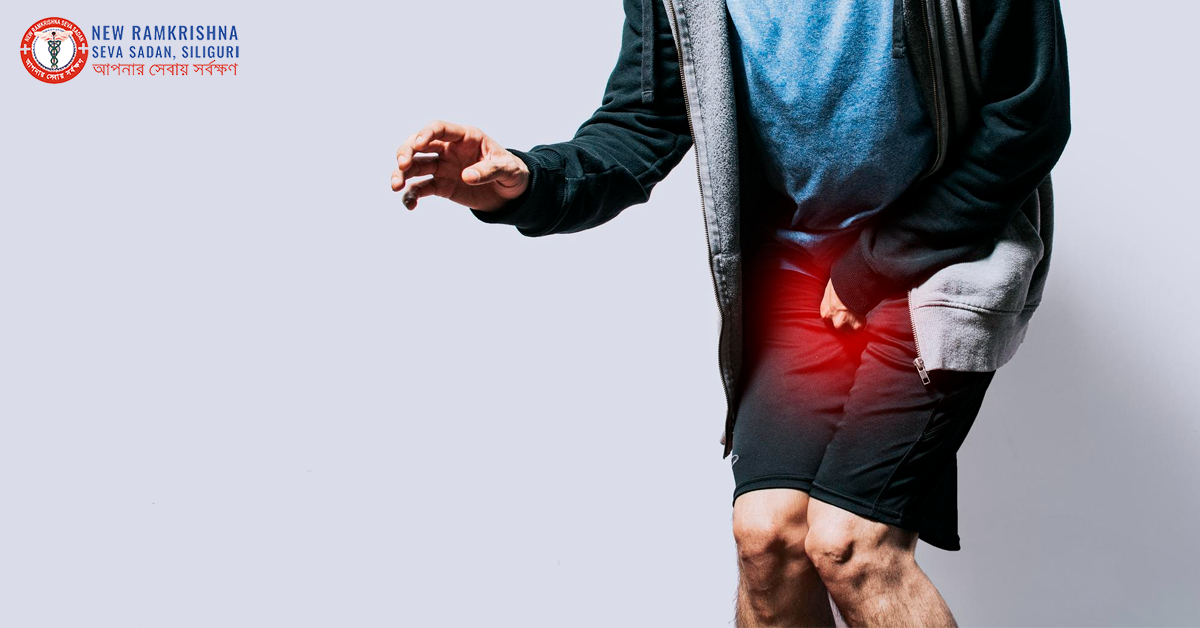Both men and women are likely to get urinary incontinence, also called loss of bladder control. Women are more likely to get it, however. At the same time, urinary tract infections are more common in females. Leaking urine during coughing, laughing, or lifting weight is nothing to overlook.
The earlier you get expert assistance, the higher chance of fast healing. Many a time, people feel embarrassed. Therefore, they restrict their social encounters or outdoor activities. This way, you only affect your quality of life. With medical help, restore your well-being. If you’re looking for a gynecologist near me, find out the top doctors near your region on Google.
Signs & Symptoms of Urinary Incontinence
The main, significant sign of urinary incontinence is leaking urine caused by loss of bladder control. If the urinary tract is an underlying reason here, you may develop signs of UTIs, such as:
- Frequent urination
- Burning sensation when you pee
- Difficulty emptying your bladder
- Bloody urine
- Lower abdominal pain
- Back pain
- Fever
- Foul-smelling urine
- Cloudy urine
Stress incontinence may involve signs like leaking urine during coughing, sneezing, lifting weights, exercising, or laughing. Overflow incontinence includes often or persistent dribbling of urine. Urge incontinence includes signs like sudden need to pee that leads to involuntary loss of urine. Functional incontinence results from physical and mental impairment.
What Leads to Urinary Incontinence
Below are given some of the reasons for urinary incontinence:
- Certain food choices. Too much consumption of alcohol, caffeinated drinks, chocolate, carbonated drinks, acidic foods, spicy food, foods rich in sugar content, or large dosages of vitamin C tablets/supplements can be responsible for temporary incontinence.
- Constipation. Chronic constipation may put pressure on your bladder or cause your bladder to contract, leading to urine leakage. Inform your medical care provider to heal it optimally.
- Neurological conditions. Certain cases of urinary incontinence are associated with neurological conditions caused by stroke, spinal injury, Parkinson’s disease, et al.
- Aging. With aging, the strength of the bladder muscle starts to lose, leading to leaking urine. Consider seeing a doctor in order to relieve the discomfort as much as attainable.
- Childbirth. Vaginal childbirth can be responsible for muscle weakening that controls the bladder. Nerve damage to some extent may result in urinary incontinence. However, the condition tends to heal with time.
- Pregnancy. During pregnancy, the growing fetus puts pressure on your bladder. Here, leaking urine is not something unexpected. Moreover, if you feel uncomfortable, consider speaking to a medical expert.
- Menopause. Once you step into menopause, the estrogen level begins to drop. A decline in estrogen level may contribute to incontinence. Hormonal changes may affect muscle strength.
Diagnostic procedures/tests for urinary incontinence include urinalysis, bladder ultrasound, physical exam, etc. You may not require all sets of tests for incontinence. You may consult the leading gynecologist and obstetrician in Siliguri town. Based on the medical reports, your doctor prepares treatment plans to help you recover. Medical care for urinary incontinence involves – lifestyle modifications, pelvic floor muscle exercise, behavioral techniques, medications, interventional therapies, or using medical devices. Besides medical care, follow a healthy lifestyle to relieve your discomfort.

